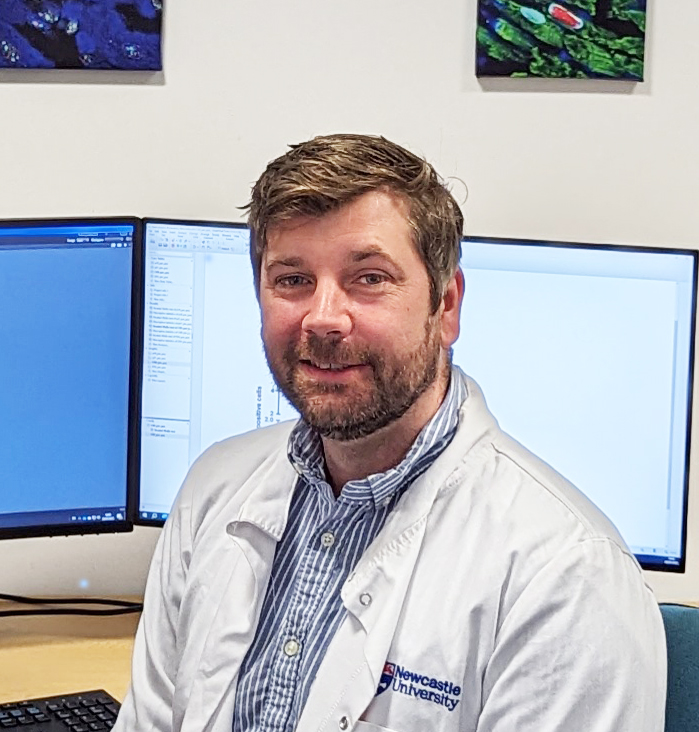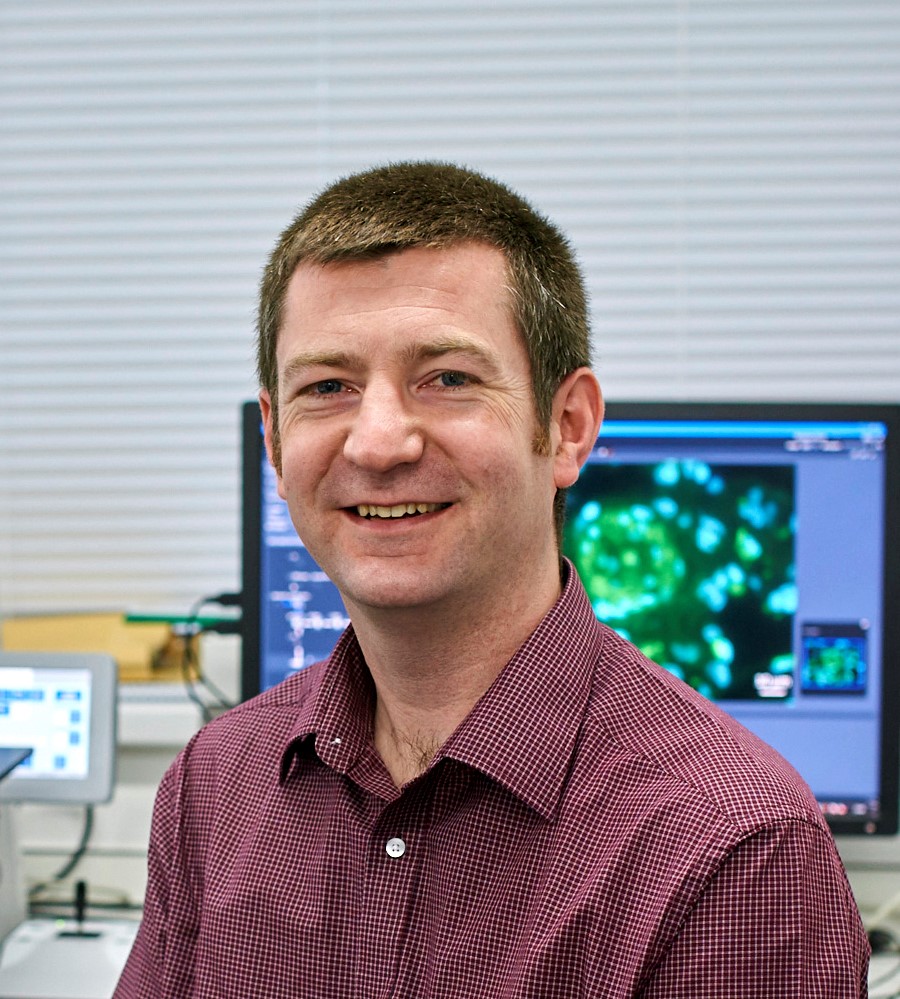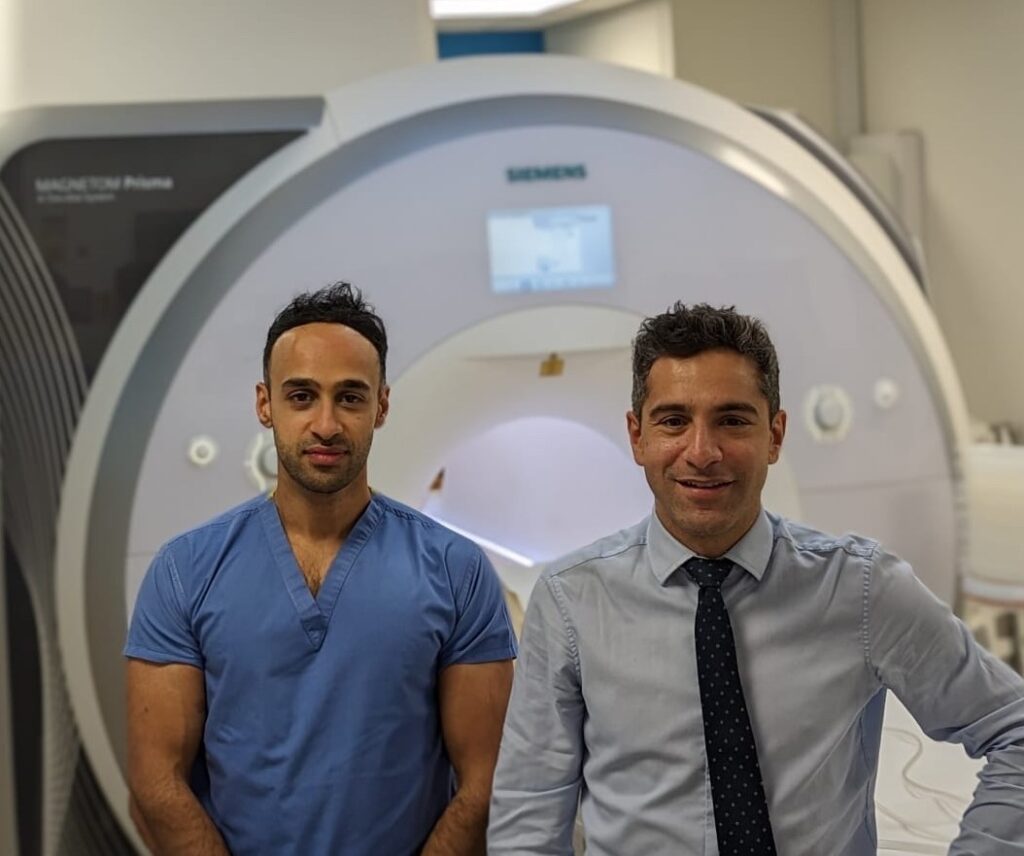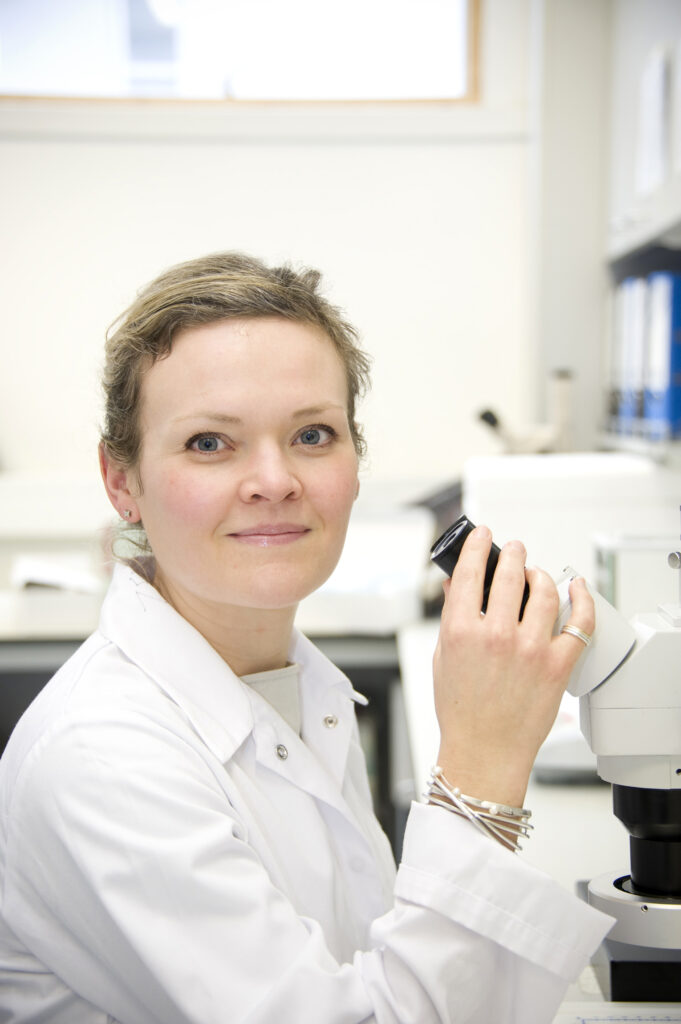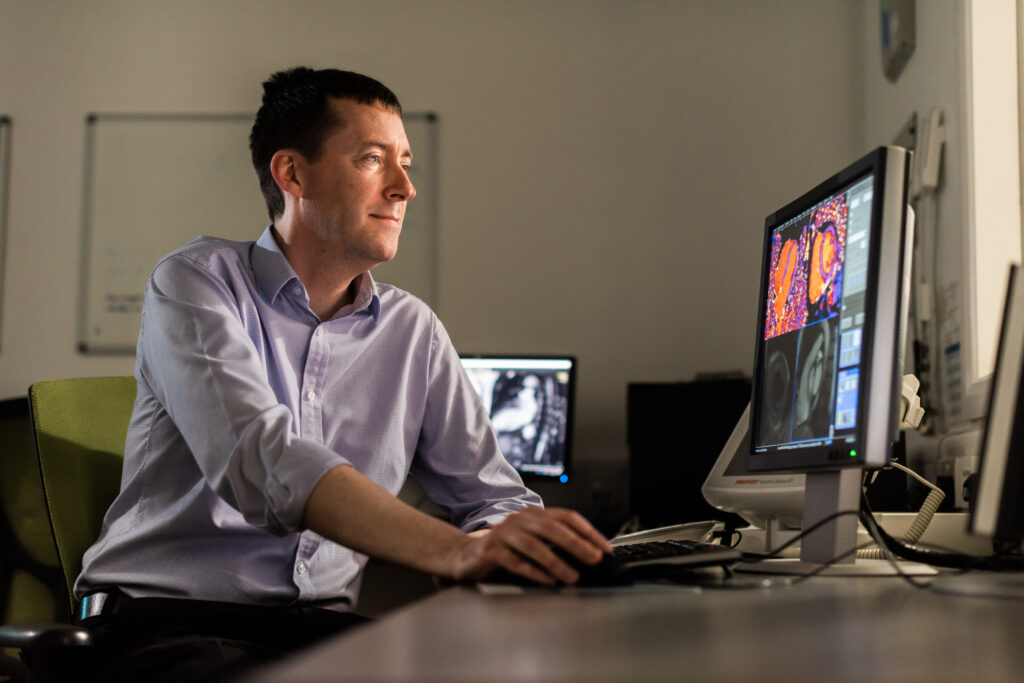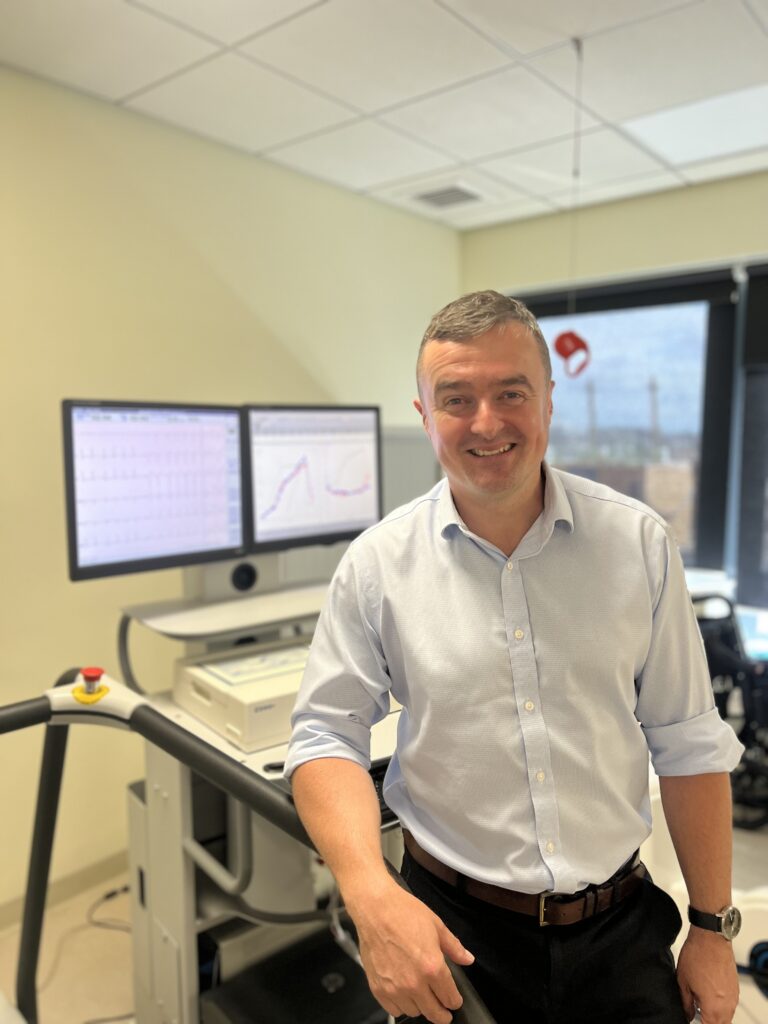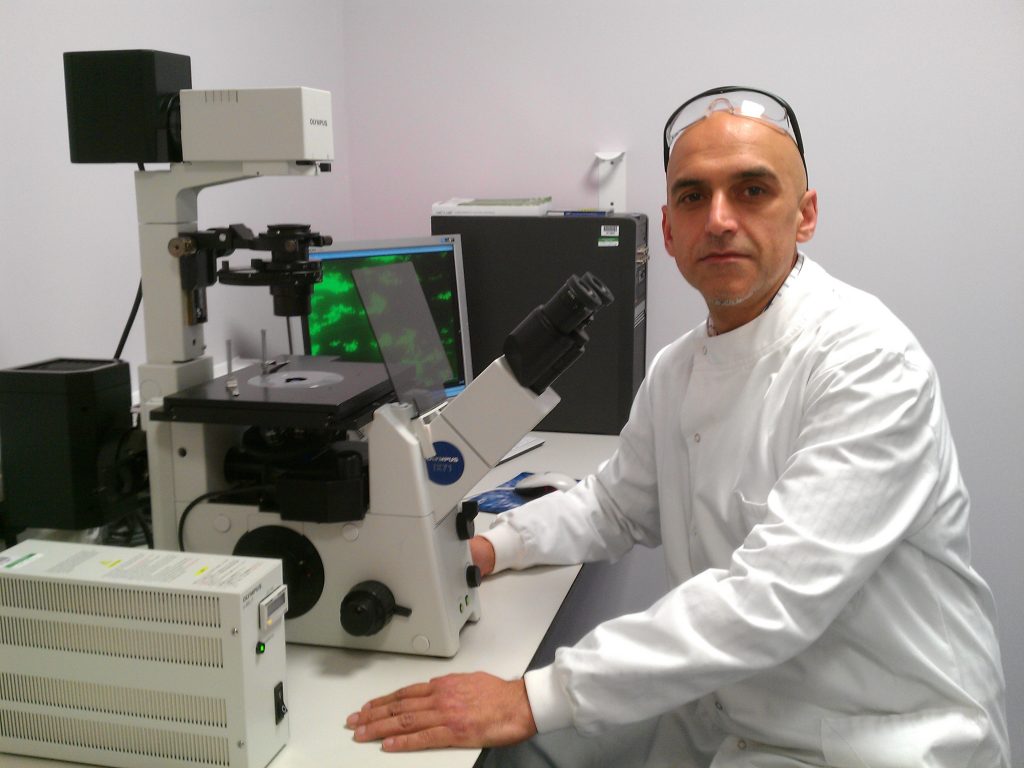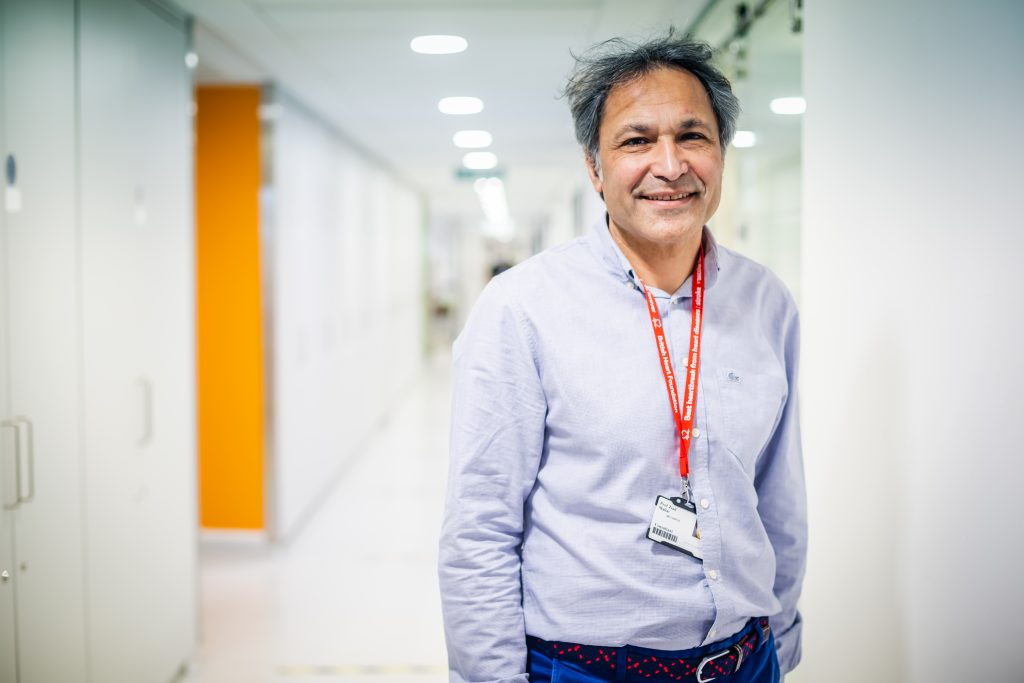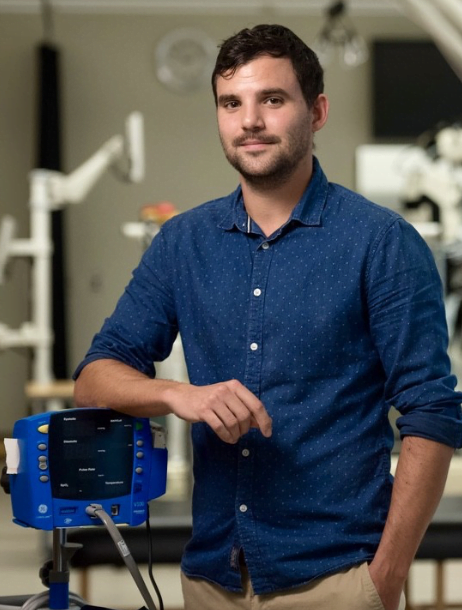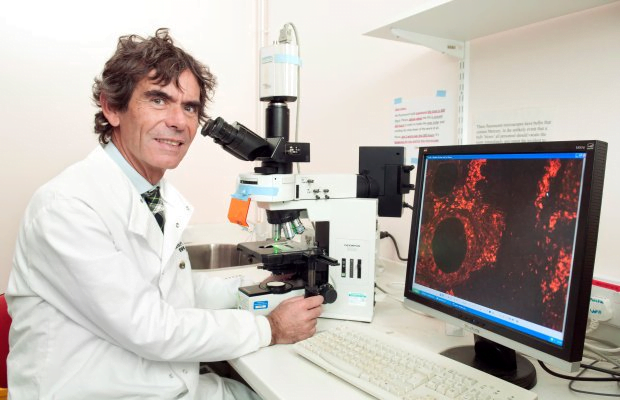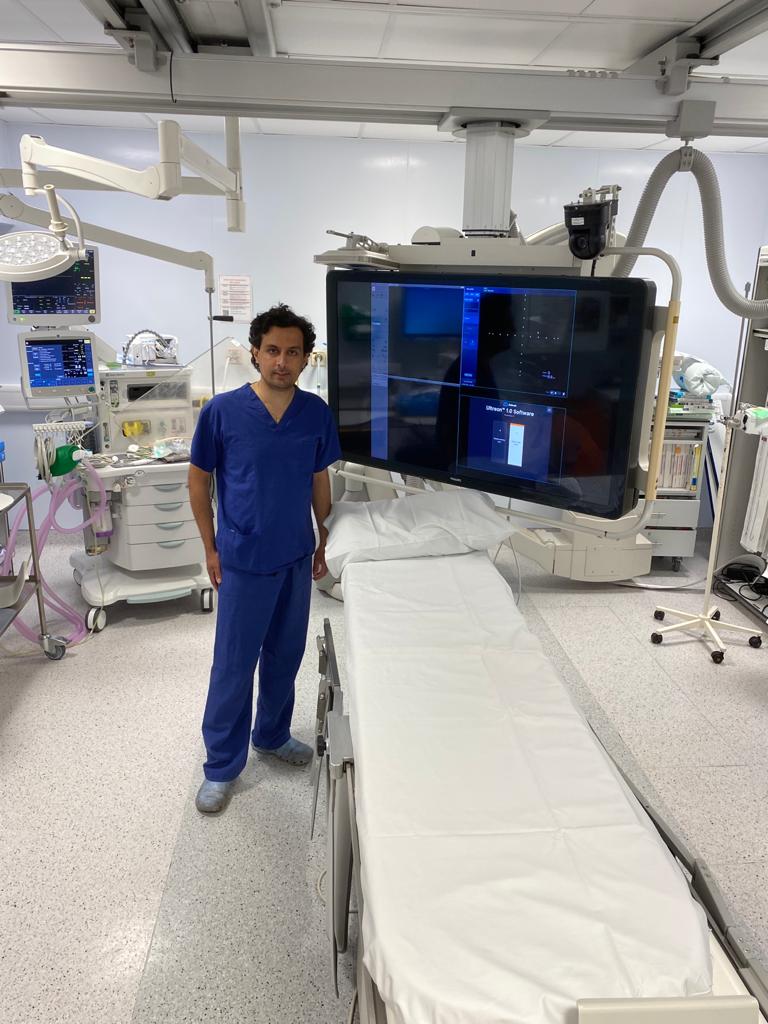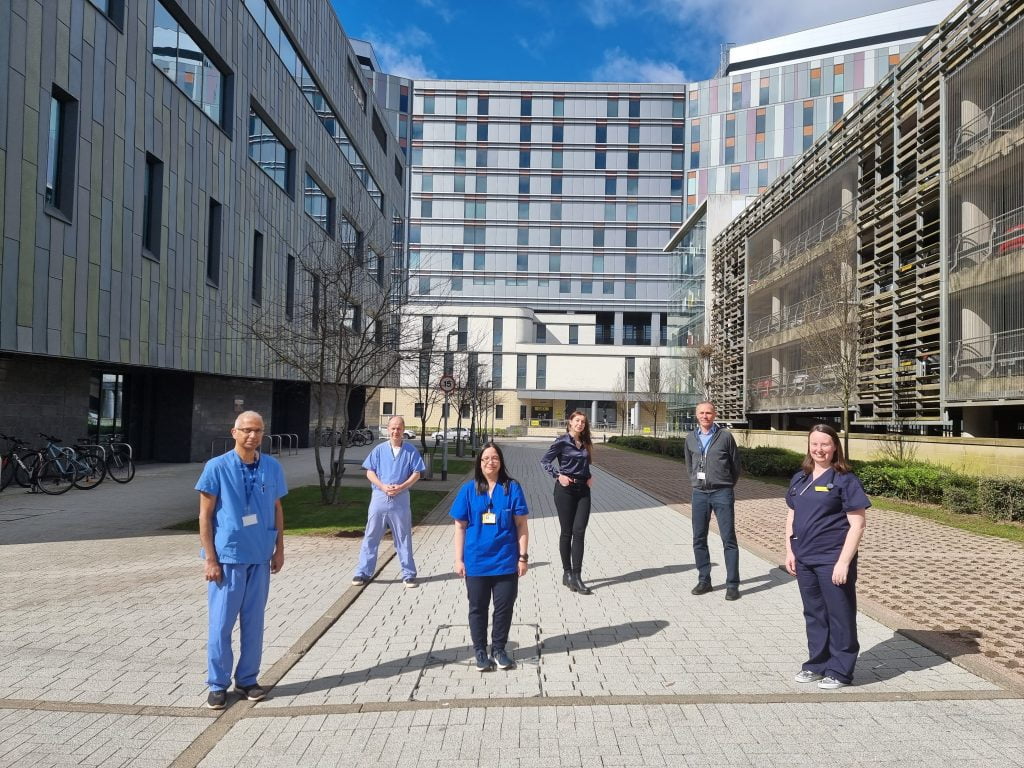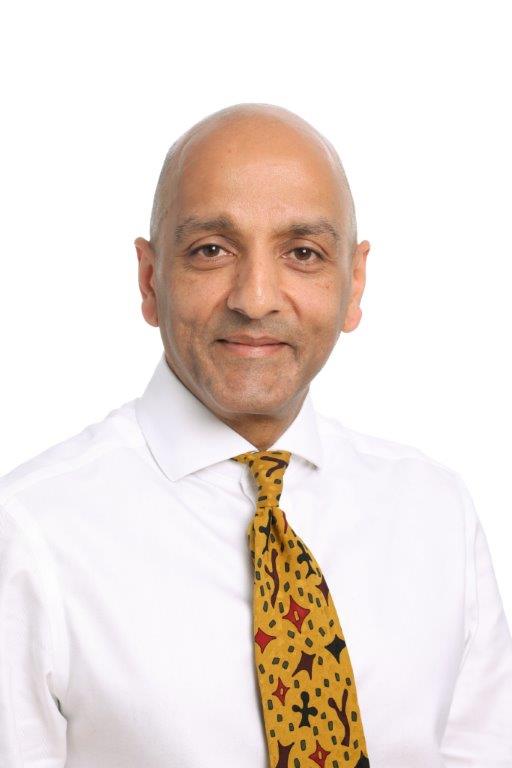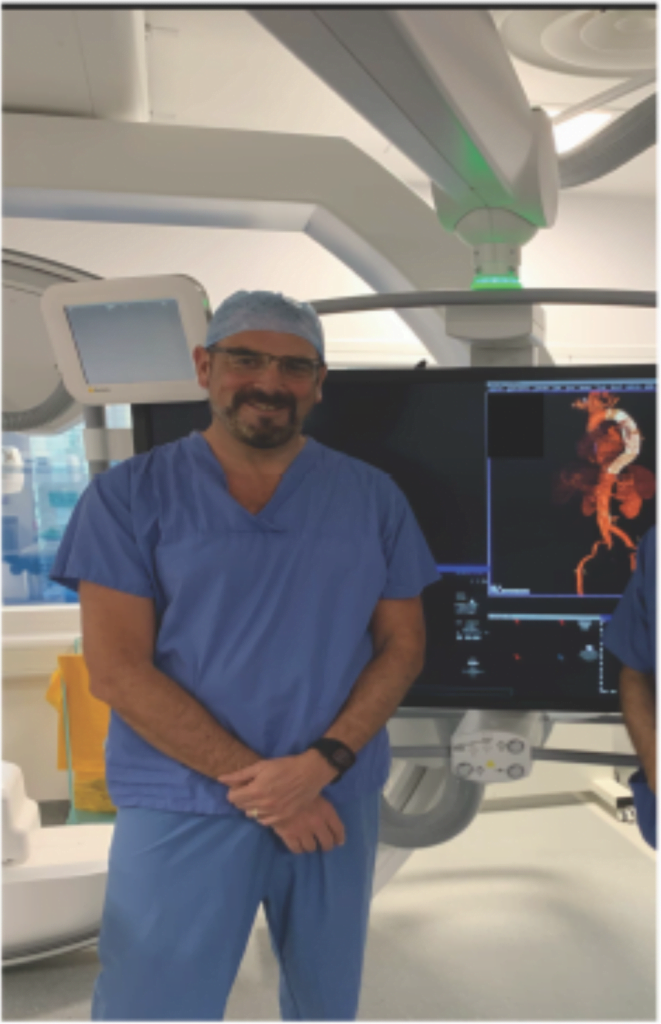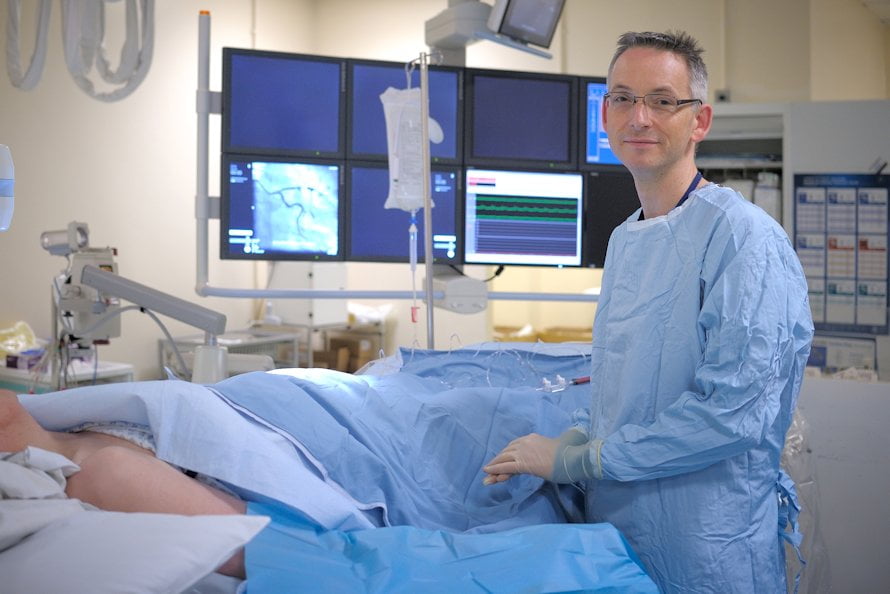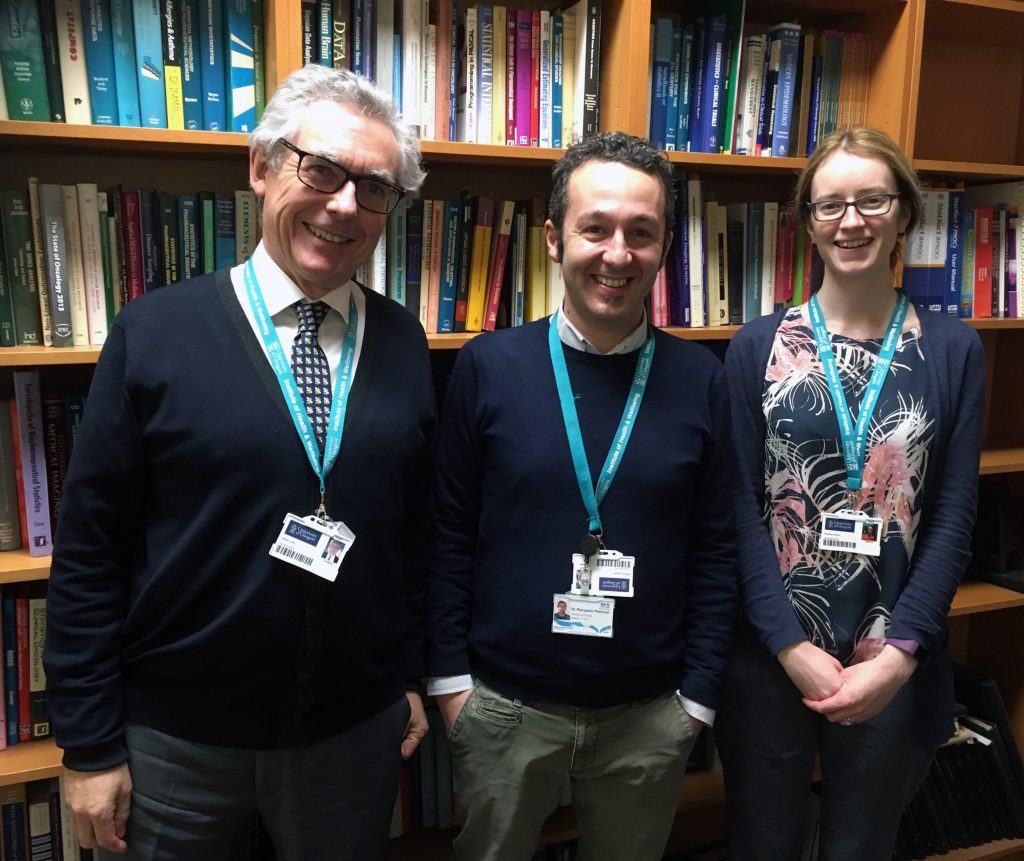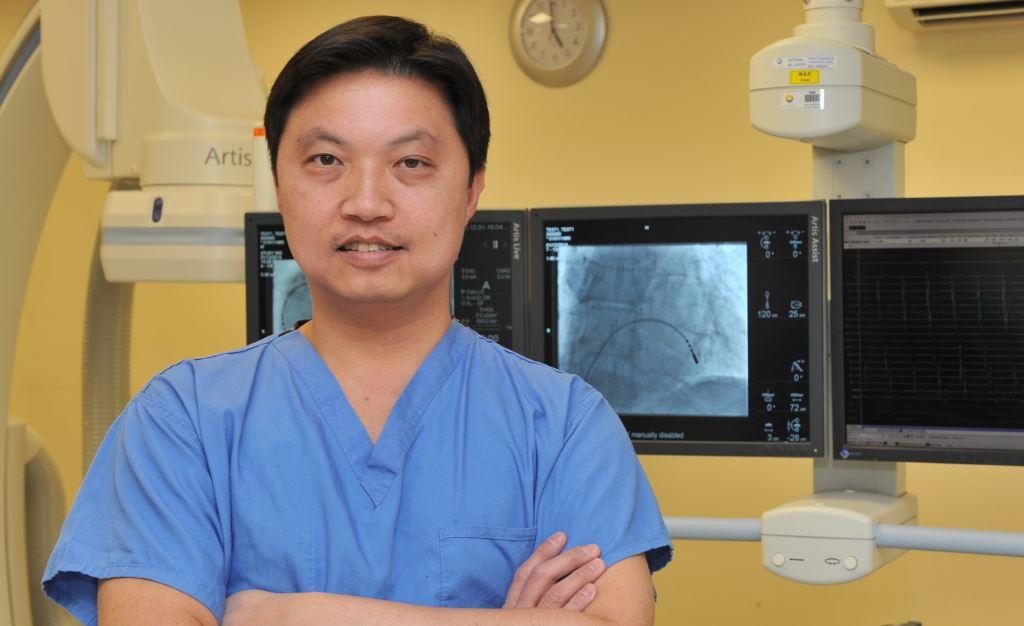PhD Studentship
Prof Jaswinder Gill, King’s College London
Amount: £87,000
The Richard Francis Usmar PhD Studentship
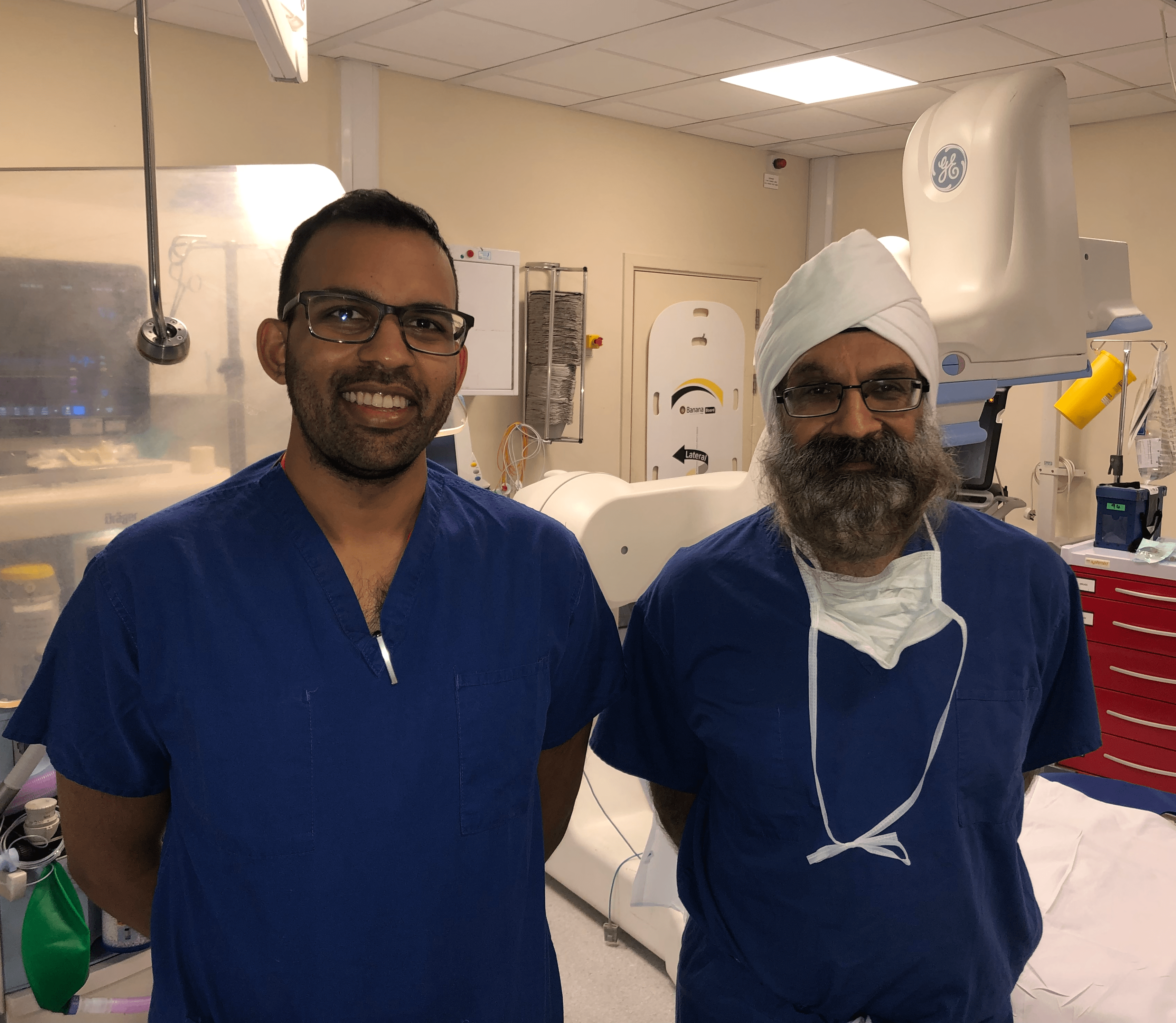
Summary: This project will investigate the causes of potentially fatal abnormal heart rhythms at night in patients with sleep-disordered breathing. This may lead to effective strategies to reduce the increased risk of abnormal rhythms and sudden death, and therefore save lives.
Sleep-disordered breathing means that a patient has a condition that causes them breathing difficulties while asleep. Obstructive sleep apnoea is one such condition which is estimated to affect nearly 1 billion adults worldwide and is likely to become more common in the future. Sleep-disordered breathing is linked with a number of health risks, including sudden death. In fact, these patients are thought to have more than a 2.5-fold increased risk of sudden death at night compared to the general population. The reasons for this are not clear but previous research has shown an increase in potentially fatal abnormal heart rhythms at night in these patients.
The aim of this project is to investigate what causes these dangerous heart rhythms which may help us find ways to identify those at risk, and develop strategies to reduce the risk of abnormal rhythms and sudden cardiac death.
The researchers are interested in a particular part of heartbeat’s electrical signal, called ‘repolarisation’, which if unstable, may lead to abnormal heart rhythms. They will study patients with confirmed or suspected sleep apnoea overnight while they undergo a sleep study. This is a routine investigation to diagnose sleep apnoea and involves staying overnight in hospital whilst breathing patterns are assessed to see whether there are pauses in their breathing, called apnoea.
Patients in the study will already have a type of pacemaker implanted which will allow the heart’s electrical signals to be measured. The researchers will take recordings from the pacemaker, measure blood pressure and breathing rate, and take additional recordings of the heart rhythm and nervous system. This will show whether there is instability of the heart rhythm at night and whether it is related to breathing patterns and apnoea. For comparison, they will also study a group of patients without sleep apnoea who are staying overnight in hospital and a third group of patients in the daytime.
If successful, this research will help us understand why people with sleep-disordered breathing suffer with abnormal, potentially lethal heart rhythms during sleep. This may lead to effective strategies to reduce the increased risk of abnormal rhythms and sudden death, and therefore save lives.

